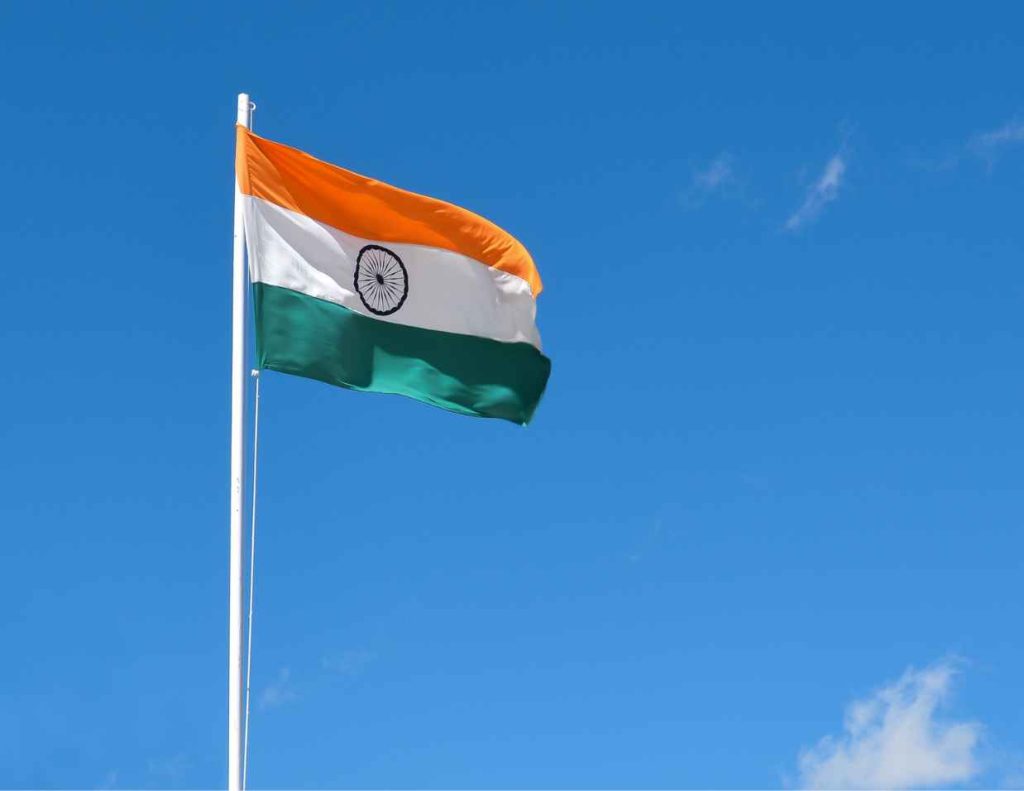What Is Hindutva And What Makes It All Inclusive

Hindutva, a term at the heart of Indian discourse for several years, carries a deep and multi-layered meaning. At its core, it represents an ideology that acknowledges and promotes the essence of Hinduism as a broad-based cultural phenomenon rather than a religious construct.
Derived from two Sanskrit words, ‘Hindu’ and ‘tattva’ (Hindu principles), it encompasses the wide range of cultural and societal norms, traditions, and beliefs that have evolved on the Indian subcontinent over millennia. More than a rigid or dogmatic belief system, it signifies an ethos, an intrinsically tolerant, inclusive, and pluralistic way of life.
Hindutva celebrates diversity in unity, reminiscent of the ancient Sanskrit phrase’ Ekam Sat Viprah Bahudha Vadanti’, which means “truth is one, the wise call it by many names.” It resonates with the multitudinous deities worshipped in Hinduism, signifying different aspects of life and nature while pointing towards a singular, ultimate reality.
The Essence
The essence of Hindutva lies in its emphasis on ‘Dharma’, a complex term often misunderstood as religion. Dharma is more about righteous living, individual responsibilities, and societal ethics. It encourages a harmonious coexistence between the individual, society, and the environment. The principles of ‘Ahimsa’ (non-violence), ‘Satya’ (truth), and ‘Karma’ (action and its consequences) that are fundamental to Dharma are central to the ethos of Hindutva.
Hindutva’s core strength lies in its respect for diversity and openness to different viewpoints. This openness has allowed Hinduism and, by extension, Hindutva, to assimilate and integrate various cultures and traditions, leading to a rich tapestry of philosophies, traditions, and practices.
Hindutva is a testament to India’s inherent cultural diversity and acceptance of various viewpoints. This acceptance is reflected in the Rig Veda, which states, ‘Ano Bhadra kratavo yantu vishwatah’ (Let noble thoughts come to us from all directions). This openness has allowed Hinduism and, consequently, Hindutva to assimilate and integrate various cultures and traditions, creating a complex and rich mosaic of philosophies, traditions, and practices.
Hindutva Is All Inclusive
In its true form, Hindutva embodies the vision of ‘Vasudhaiva Kutumbakam’ or ‘the world is one family,’ as articulated in the Maha Upanishad. This principle advocates for a global society where diverse traditions, cultures, and ideas coexist and flourish.
Interpreting Hindutva requires acknowledging its inherent principles of unity, inclusivity, and respect for all life forms. In the words of the Isha Upanishad, ‘Ishavasyam idam sarvam yat kincha jagatyam jagat’ (Whatever there is in this world is enveloped by God), the ethos of Hindutva sees the divine in all of existence. It respects the sacredness of all life forms.

When viewed through the lens of its inherent principles, Hindutva emerges not as a source of division but as a symbol of universal acceptance, cultural pluralism, and harmonious coexistence, offering a vision for a world that respects and cherishes diversity. This is the true spirit of Hindutva—an ideology that seeks to unite rather than divide, embrace rather than exclude, and harmonize rather than polarize.
In its true form, Hindutva does not advocate any form of bigotry or religious exclusivity. Instead, it champions the cause of universal brotherhood and global harmony, based on the ‘Vasudhaiva Kutumbakam’ principle, meaning ‘the world is one family.’ It promotes a society where diverse traditions, cultures, and ideas coexist and flourish.
In the contemporary socio-political landscape, it is essential to view Hindutva in the light of its inherent principles of unity, inclusivity, and respect for all life forms. Any interpretation or practice that strays from these principles distorts this profound and timeless ethos.
As we tread into an era of global interdependence and shared challenges, the intrinsic values of Hindutva – universal acceptance, cultural pluralism, and harmonious coexistence – can offer meaningful insights to build a world where everyone’s beliefs and practices are respected and cherished. This is the true spirit of Hindutva, an ideology that seeks to unite, not divide; to embrace, not exclude; and to harmonize, not polarize.
